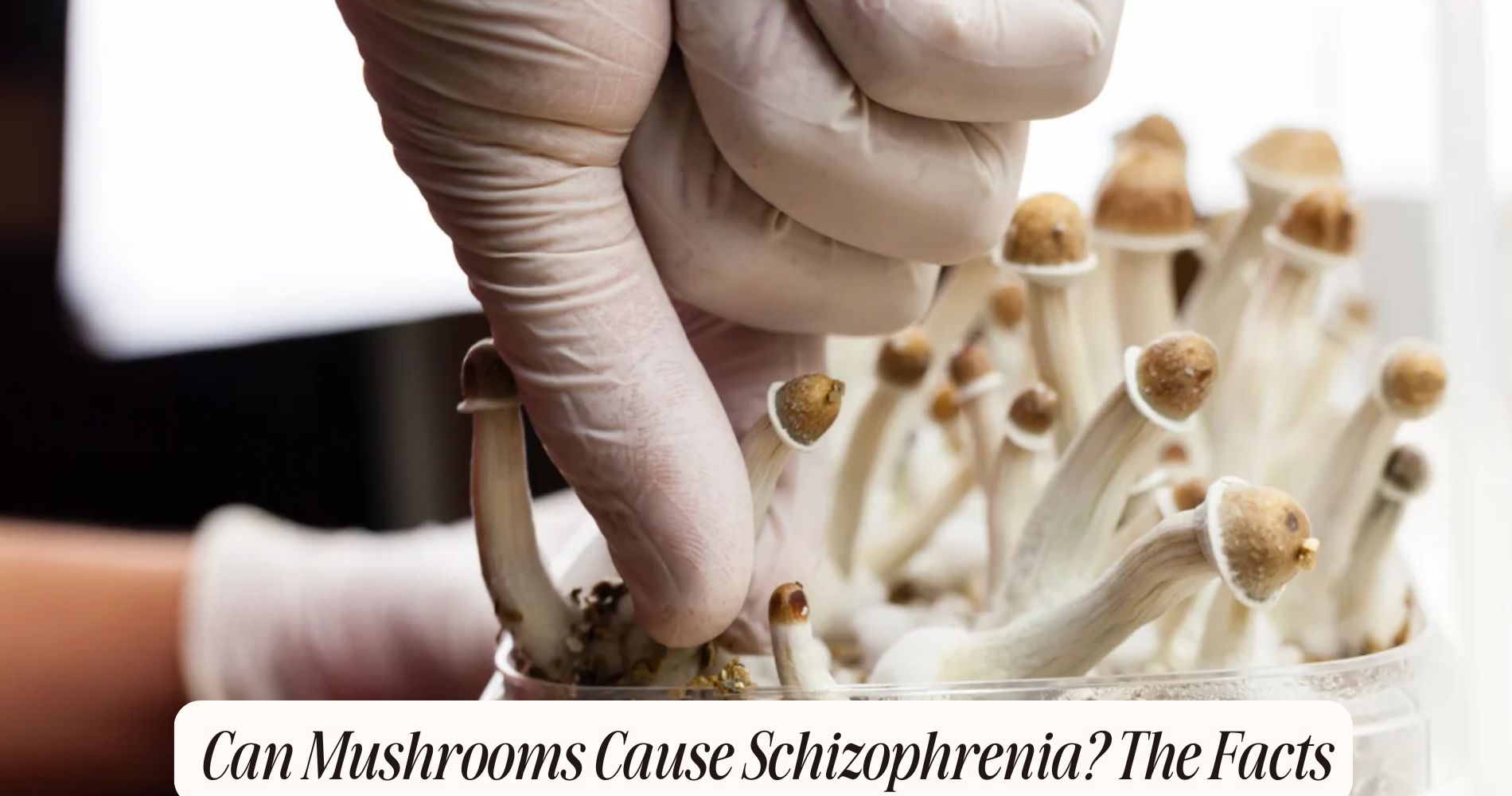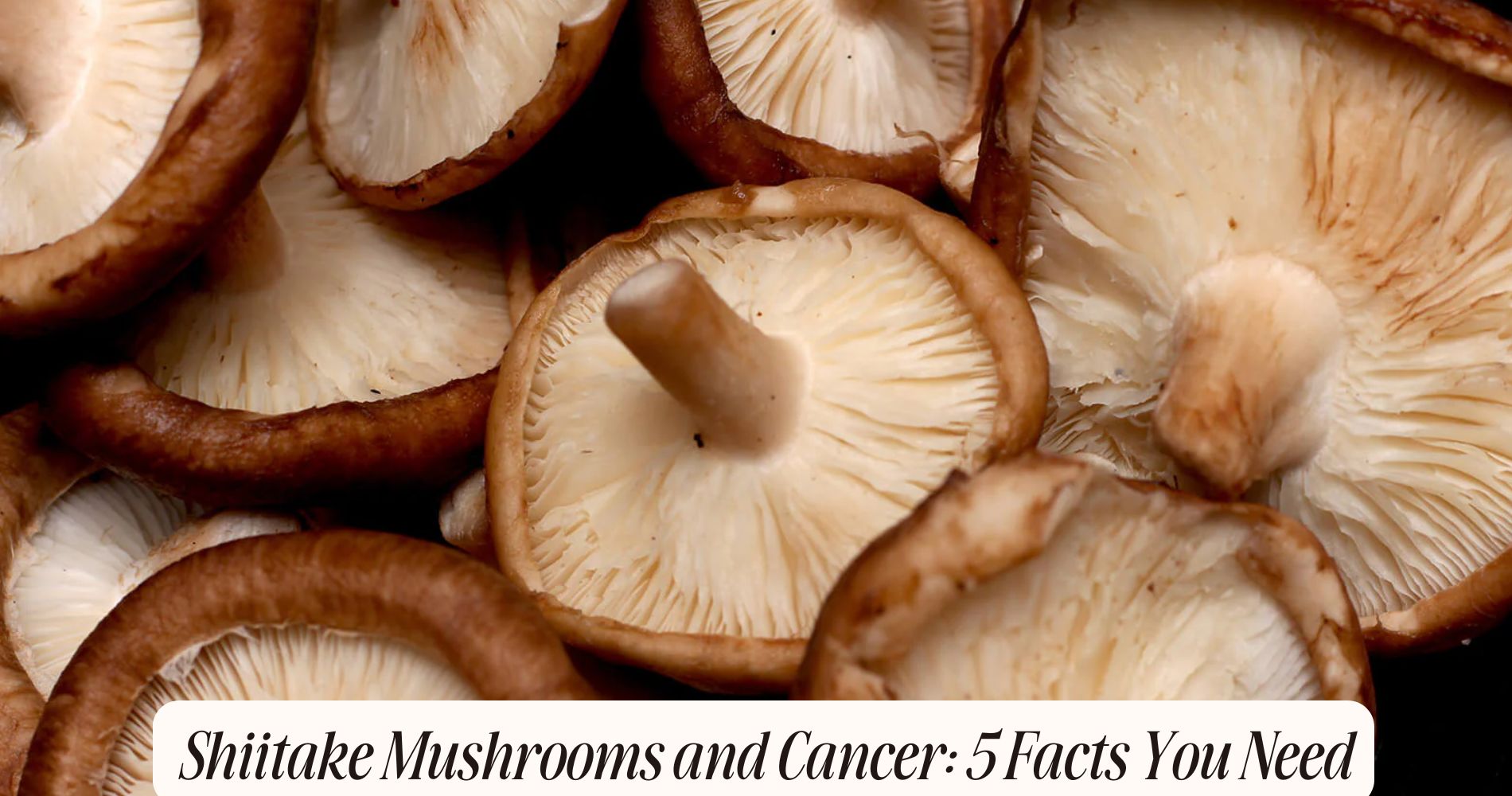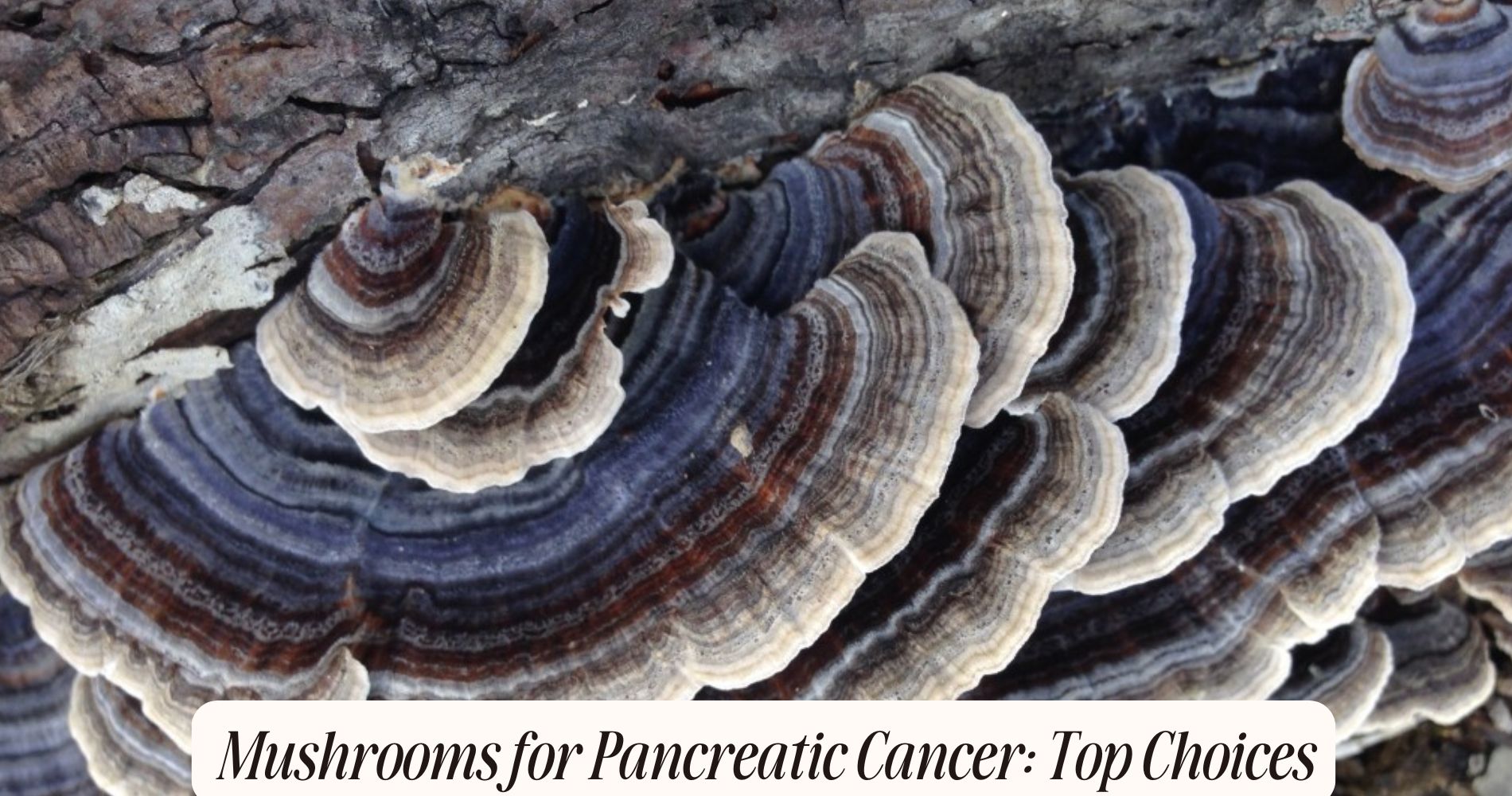
Can Mushrooms Cause Schizophrenia? The Facts
Can mushrooms cause schizophrenia? Mushrooms containing psilocybin don't directly cause schizophrenia; instead, they may exacerbate symptoms in individuals already predisposed to mental disorders. Research indicates that while psilocybin can have temporary effects, it does not trigger chronic psychotic disorders in people without a family history of schizophrenia. This common misconception often arises from stigma surrounding psychedelic use. It's essential to differentiate between the acute effects of psilocybin and long-term mental health outcomes. An understanding of these nuances can clarify the role of psychedelics in mental health, and you'll find more insights on this topic as you explore further.
Understanding Mushrooms and Psychedelics
Mushrooms, particularly those containing psilocybin, have drawn increasing attention in the domain of psychedelics due to their potential therapeutic effects. Various mushroom types, such as Psilocybe cubensis and Psilocybe semilanceata, are often studied for their active compounds, which can induce profound psychedelic experiences.
Research indicates that these experiences may facilitate emotional breakthroughs and enhance psychological well-being, suggesting significant medicinal benefits for conditions like anxiety, depression, and PTSD.

Moreover, the cultural significance of these mushrooms can't be overlooked. Indigenous societies have used them in spiritual and healing rituals for centuries, illustrating their role in traditional medicine and collective consciousness.
The integration of psilocybin into modern therapeutic contexts reflects a reconnection with these historical practices, as scientists explore how these compounds can foster insights and personal growth.
The Science of Schizophrenia
Psychedelics, including psilocybin, have sparked interest not only for their therapeutic potential but also for their complex interactions with mental health conditions like schizophrenia. Schizophrenia is primarily characterized by symptoms such as hallucinations and delusions, which are linked to neurotransmitter imbalances, particularly in dopamine and glutamate systems.
Research suggests that these imbalances can be influenced by both environmental factors and genetic predisposition. Individuals with a family history of schizophrenia often have a higher risk of developing the disorder, indicating that genetics plays a significant role.

This genetic predisposition can lead to variations in how neurotransmitter systems function, potentially making some individuals more susceptible to psychotic episodes when exposed to certain triggers, including substances like psychedelics.
Moreover, studies show that psychedelics can temporarily alter perception and cognition, which may mimic or exacerbate some symptoms of schizophrenia in vulnerable individuals.
Understanding the interplay between neurotransmitter imbalances and genetic factors is essential for grasping the complexities of schizophrenia and its relationship with psychedelics. This insight could help inform treatment approaches and preventive measures for those at risk.
Effects of Psilocybin on Mental Health
Exploring the effects of psilocybin on mental health reveals a growing body of research highlighting its potential therapeutic benefits. Psilocybin therapy has emerged as a promising treatment option for various mental health conditions, including depression, anxiety, and PTSD. Clinical trials have shown that psilocybin can induce profound changes in mood and perception, which may facilitate emotional breakthroughs and enhance psychological resilience.
Studies demonstrate that psilocybin can lead to significant reductions in depressive symptoms and anxiety levels, often producing lasting effects even after a single session. The mechanism behind this lies in psilocybin's interaction with serotonin receptors in the brain, promoting neuroplasticity and fostering new neural connections. This process can help patients reframe negative thought patterns and emotional responses.
Moreover, the therapeutic setting in which psilocybin is administered plays a critical role. When combined with proper psychological support and integration therapy, patients often report transformative experiences that contribute to improved mental health outcomes.
As research continues to expand, the potential of psilocybin therapy in treating various mental health disorders becomes increasingly clear, warranting further exploration and clinical application.
Research on Mushrooms and Schizophrenia
Recent studies have begun to investigate the relationship between certain mushrooms, particularly those containing psilocybin, and schizophrenia. Researchers are focusing on how mushroom compounds may affect individuals predisposed to mental disorders. While some evidence suggests that psilocybin can induce hallucinations and altered perceptions, which are also symptoms of schizophrenia, the relationship remains complex and not fully understood.
Current research indicates that psilocybin might interact with serotonin receptors in the brain, potentially exacerbating or triggering symptoms in susceptible individuals. However, it's important to differentiate between the effects of psilocybin in controlled environments and the spontaneous onset of schizophrenia.
Some studies have shown that individuals with a family history of schizophrenia may experience heightened risks when using psychedelic substances, including mushroom compounds.

In contrast, other research highlights psilocybin's potential therapeutic benefits for various mental disorders, including depression and anxiety, suggesting a nuanced role in mental health. More longitudinal studies are needed to clarify the long-term effects of these compounds on schizophrenia risk.
As the body of evidence grows, it's vital to approach the topic with caution, balancing potential therapeutic benefits against possible risks for vulnerable populations.
Misconceptions About Mushrooms and Psychosis
Many people hold misconceptions about the relationship between mushrooms, particularly those containing psilocybin, and psychosis. One prevalent myth is that consuming these mushrooms directly causes schizophrenia or other forms of psychosis. However, research indicates that while psilocybin can induce temporary alterations in perception and mood, it doesn't trigger lasting psychotic disorders in individuals without a predisposition.
Another common misunderstanding is the association of mushroom use with psychosis stigma. Many fear that using psilocybin will lead to unpredictable mental health outcomes, reinforcing negative stereotypes about both psychedelics and mental illness. In reality, studies show that psilocybin can even provide therapeutic benefits for certain mental health conditions, such as depression and anxiety.
It's essential to differentiate between the acute effects of psilocybin and chronic psychotic disorders. While some individuals with a personal or familial history of mental illness may experience heightened risks, this isn't the case for everyone.
Support Your Mental Clarity with the Ultimate Wellness Bundle
Looking for a natural way to support your mental and physical well-being? The Ultimate Wellness Bundle from Well Gummies is a perfect solution. With All-in-One Mushroom Gummies for daily immune and brain support, and Lion's Mane Focus and Energy Gummies for whenever you need an extra boost, this bundle delivers calm energy, sharper focus, and balanced vitality. Packed with 10 powerful mushrooms, our vegan gummies taste like fresh wild berries, offering a delicious experience without jitters or crash. Elevate your daily performance and mental clarity with this all-in-one wellness solution!
Frequently Asked Questions
Can Mushrooms Be Used to Treat Schizophrenia Symptoms?
Mushroom types like psilocybin show potential for symptom relief in schizophrenia. Research indicates they may help reduce anxiety and improve mood, but clinical studies are needed to fully understand their efficacy and safety in treatment.
Are There Specific Mushroom Species Linked to Psychosis?
Certain mushroom species, particularly those containing psilocybin, have shown a psychosis connection in some studies. However, the relationship remains complex, requiring careful examination of individual susceptibility and environmental factors influencing psychotic experiences.
How Do Genetics Influence Mushroom Effects on Mental Health?
Genetic predisposition considerably influences how mushroom compounds affect your mental health. If you possess certain genes, you might be more susceptible to experiencing adverse psychological effects from these compounds, highlighting the complex interplay between genetics and psychoactive substances.
Do Mushrooms Interact With Schizophrenia Medications?
Mushroom interactions with schizophrenia medications can alter medication efficacy. You should consult a healthcare professional before combining them, as some compounds might enhance or inhibit drug effectiveness, potentially impacting your treatment outcomes and overall mental health stability.
What Are the Legal Implications of Using Mushrooms for Mental Health?
When considering the legal implications of mushrooms for mental health, you'll find that their legal status varies by region. Therapeutic use is often restricted, requiring careful navigation of regulations to guarantee compliance and safety.
Conclusion
In summary, while mushrooms, particularly those containing psilocybin, can influence mental states, there's no conclusive evidence linking them directly to schizophrenia. Studies indicate that psilocybin may even offer therapeutic benefits for certain mental health conditions. However, misconceptions persist, often conflating psychedelics with psychosis. It's vital to approach this topic with a clear understanding of the science, acknowledging that individual responses vary and underlying vulnerabilities play an important role in mental health outcomes.




